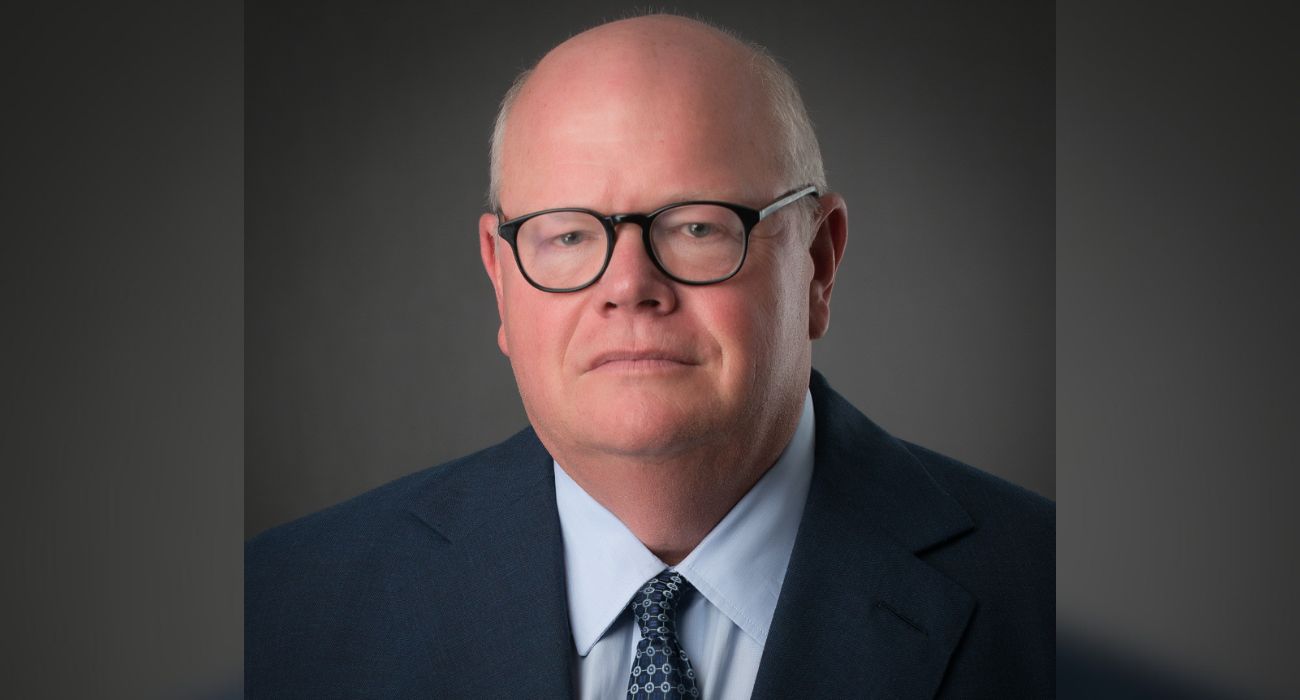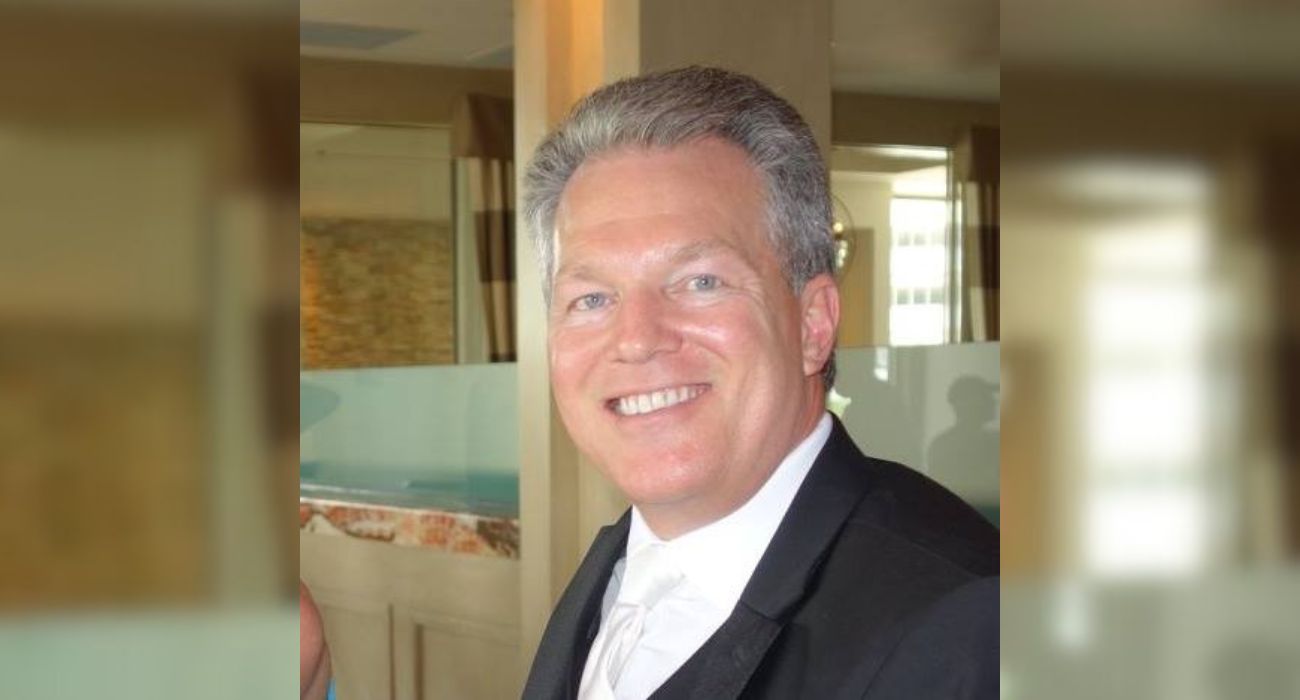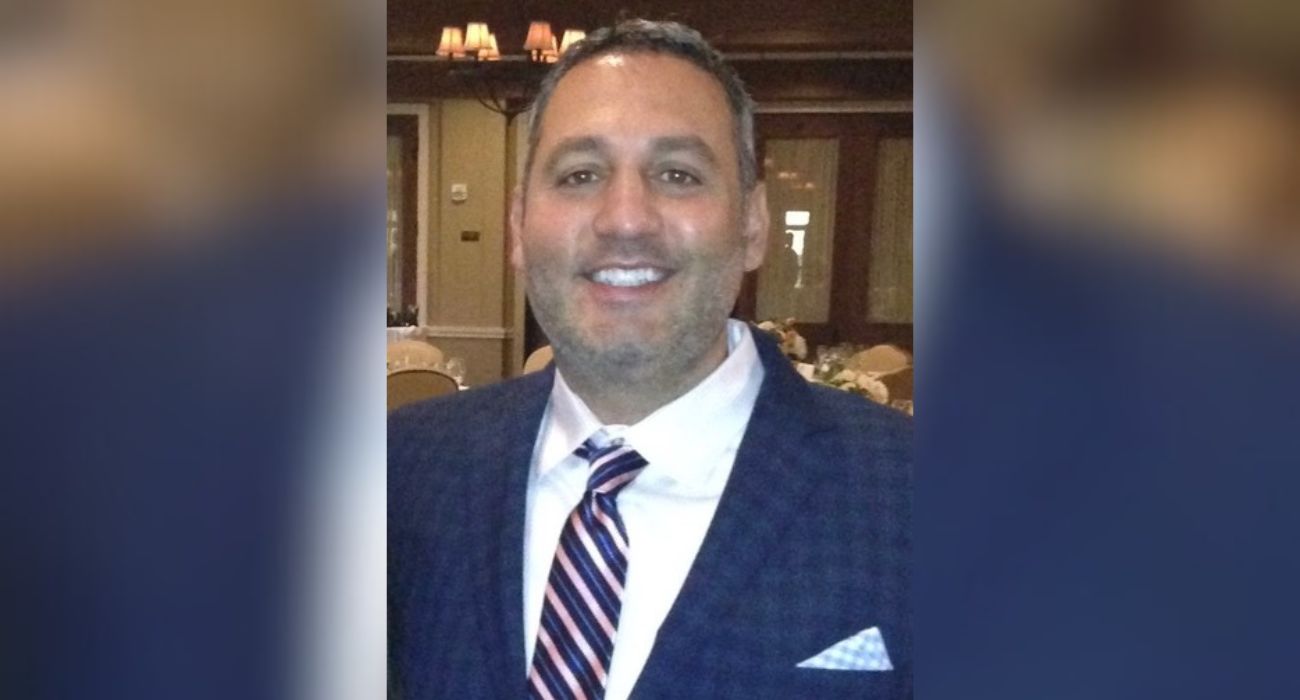A former state official said he was proud of the work he did with various public investment funds and strongly denied any allegations he may have personally profited by acting in the interest of BlackRock.
Speaking to The Dallas Express on the condition of anonymity, a source has alleged that Britt Harris, who worked in various capacities overseeing investments for Texas entities, may be on BlackRock or one of its affiliates’ payrolls. Harris denied these allegations in the strongest possible terms.
He called such allegations a “blatant lie.”
“It’s hard to believe that anyone would stoop so low and allege that I have worked for Blackrock or ever been paid a penny by Blackrock. I have never worked for Blackrock nor been paid by Blackrock. Period,” Harris told DX.
Harris is a businessman and professor with a decades-long career managing state investments. His LinkedIn page notes that he was chief investment officer for the Retirement System of Texas from 2006 to 2017. He departed this role and immediately became president, CEO, and CIO of the University of Texas/Texas A&M Investment Management Company (UTIMCO).
Publicly available records indicate that in 2019, Harris led UTIMCO toward developing a “strategic partnership” with BlackRock, which allowed the private asset manager to add $1 billion in UTIMCO assets to its management portfolio. This partnership was created with outside support from BlackRock CEO Larry Fink, who was invited to UTIMCO meetings to give a presentation and meet with officials.
In the late 2010s and early 2020s, BlackRock allegedly embraced an increasingly political agenda. Much of this purported politicization concerned the multinational corporations’ environmental, social, and governance (ESG) investment strategy, which has been widely characterized as discriminating against Texas oil and gas producers — perhaps unlawfully — and subordinating profits to politics. Sometimes, this agenda expanded into things not related to profit or industry.
Harris and BlackRock, however, did not always see eye to eye.
The company opposed voter ID laws and promoted DEI. When the Texas Legislature passed a bill mandating that people use bathrooms according to their birth sex, Harris, then-investment chief at the Texas Teacher Retirement System, allegedly confronted Fink and told him that although he respected the Fink’s personal views, he did not want BlackRock telling Texas what to do, The Wall Street Journal reported.
Recently, even Fink has expressed frustration with the politicization he encouraged and presided over, as reported by DX.
“Unfortunately, there are still others out there who put short-term politics, who continuously lie about these issues, they’re putting those issues above the long-term fiduciary responsibilities,” he said during an earnings call with investors. “As a fiduciary, politics should never outweigh performance.”
In 2023, as Harris was retiring from UTIMCO, he was named acting CEO of the Texas Permanent School Fund (PSF) Corporation by the Texas General Land Office and State Board of Education (SBOE). The PSF is a sovereign wealth fund that supports public schools in the Lone Star State. The press release did not specify what had led to Harris’ hiring outside of his “leadership” and the “growth” of UTIMCO’s assets.
Harris becoming CEO coincided with a growing struggle within SBOE to yank PSF funds out of BlackRock’s hands. Despite claims by BlackRock executives to the contrary, SBOE officials had been discussing a divestment strategy for around a year before they took action this spring, recordings of the board meetings with BlackRock show.
The divestiture was predicated upon the aforementioned belief held by some state officials that BlackRock was discriminating against Texas oil and gas producers. Texas law prohibits state agencies or assets from being invested in or managed by discriminating companies.
Harris had previously signaled priorities like “energy transition,” which could be seen as amendable to BlackRock’s previously announced Climate Action 100+ agenda. The initiative aimed to aggressively pivot the company away from fossil fuels, but it was later scaled back.
Interestingly, minutes from PSF Corporation and SBOE meetings during Harris’ tenure rarely mention him, possibly due to the brevity of his tenure.
“I was with the PSF for five months as their acting CEO,” Harris told DX, emphasizing the many purported gains PSF enjoyed during his short time with the organization.
“My job was to prepare the team for their next CEO along with assisting in the selection process. The work and the improvements that the investment team made during that time were extraordinary and easy to document. The morale also rose from around six to almost nine, which is largely unprecedented during a transition period. In fact, Harvard asked for a synopsis of their new improvements,” he said.
Harris left the PSF Corporation at the end of November 2023 when the new CEO, Robert Borden, came on board.
A few months later, SBOE Chairman Aaron Kinsey (R-Midland) formally announced the entity’s divestment from BlackRock.
“The Texas Permanent School Fund (PSF) has a fiduciary duty to protect Texas schools by safeguarding and growing the approximately $1 billion in annual oil and gas royalties managed by the Texas General Land Office,” Kinsey said in a March 19, 2024 statement.
DX reached out to numerous officials, including Kinsey, to inquire about Harris’ tenure with the organization and to seek a statement about his relationship with BlackRock. However, nobody responded by publication.






